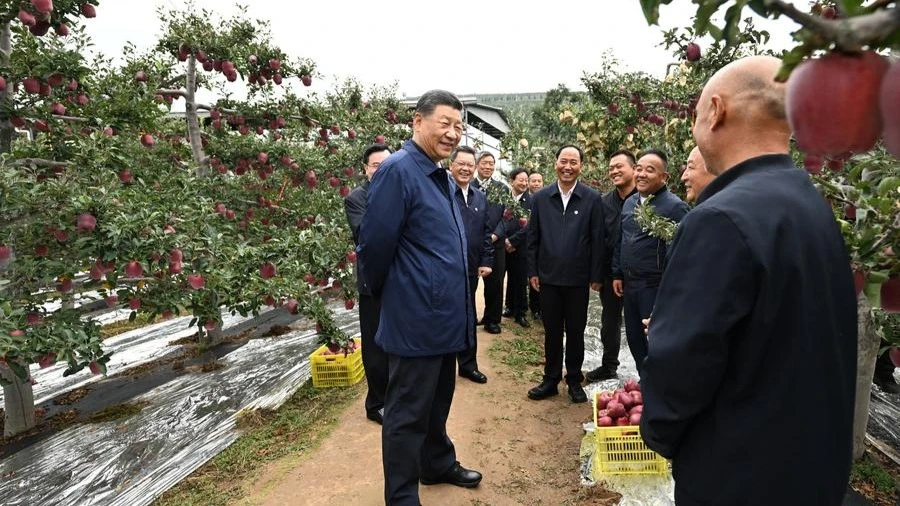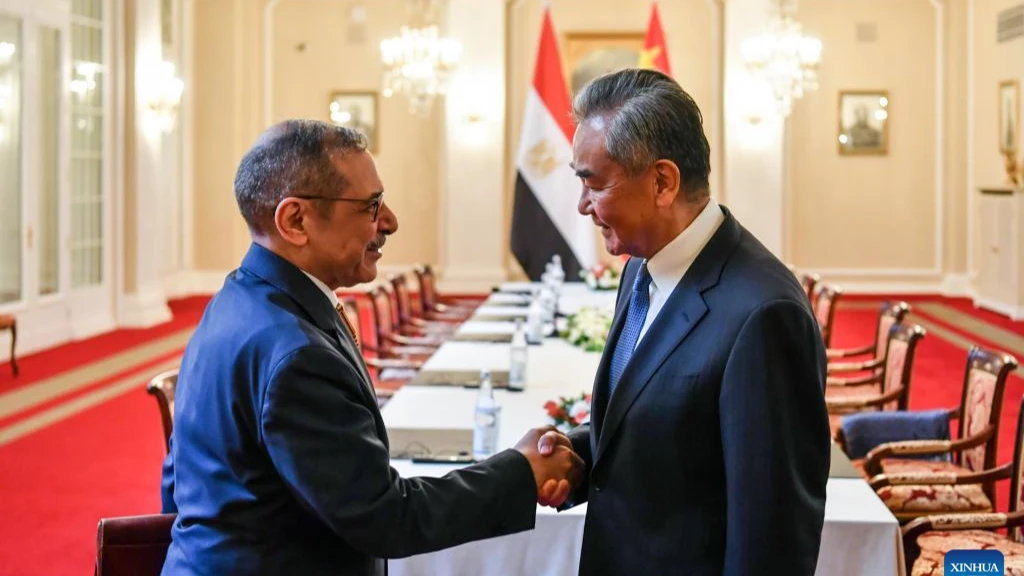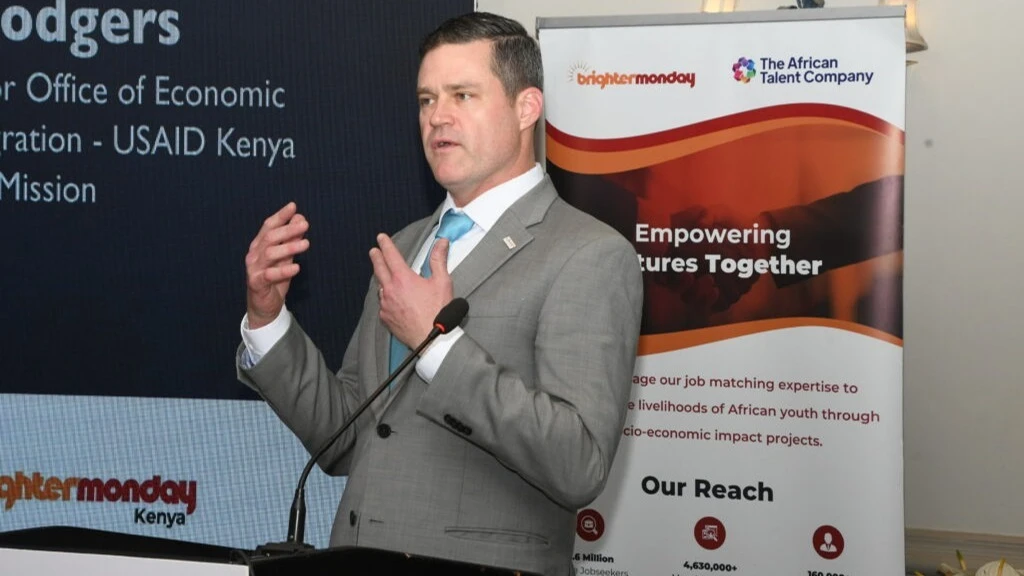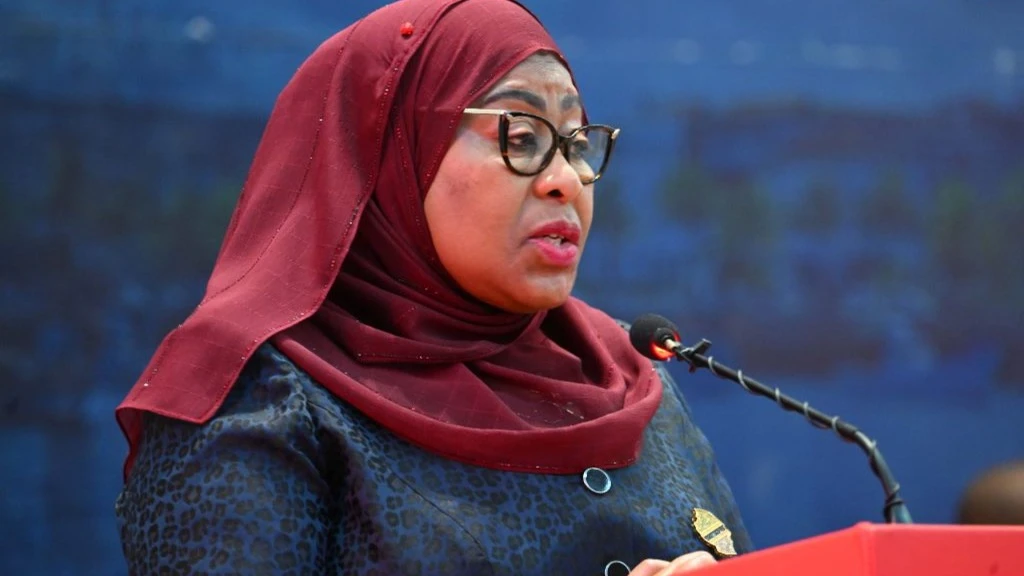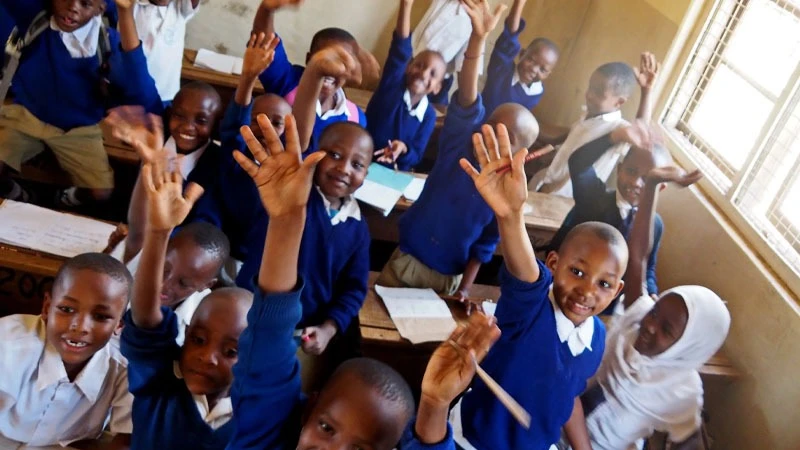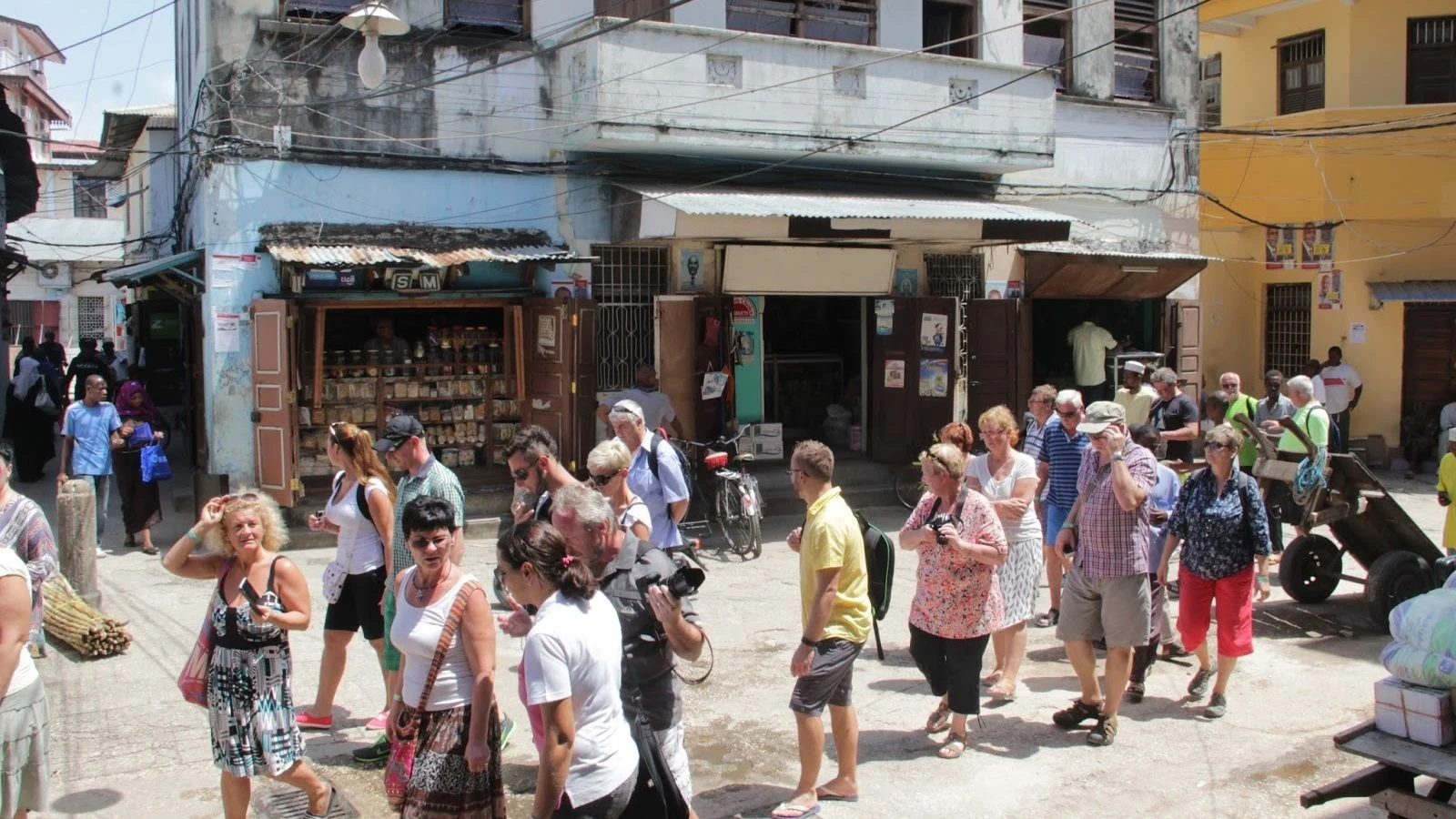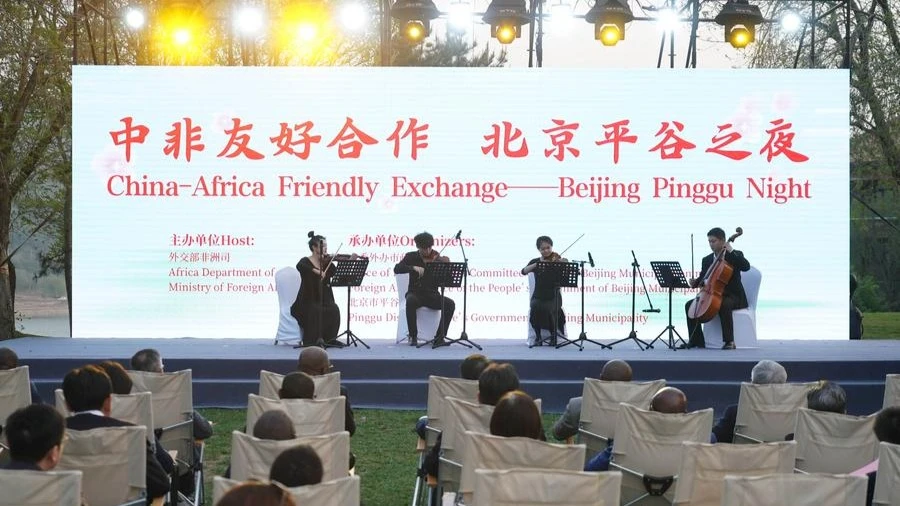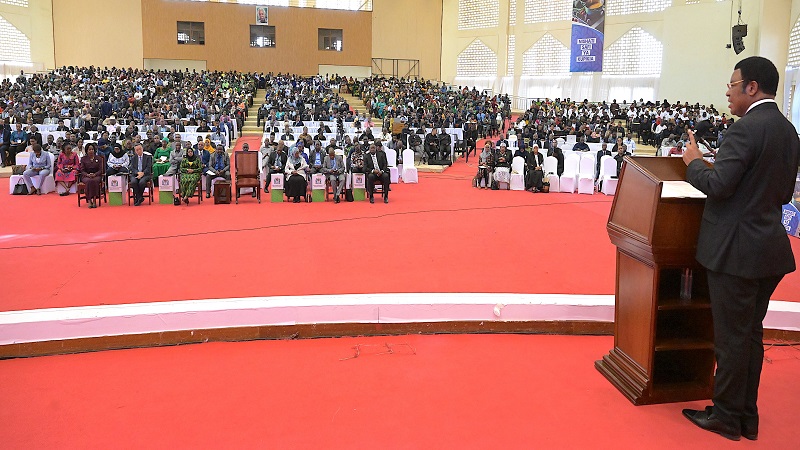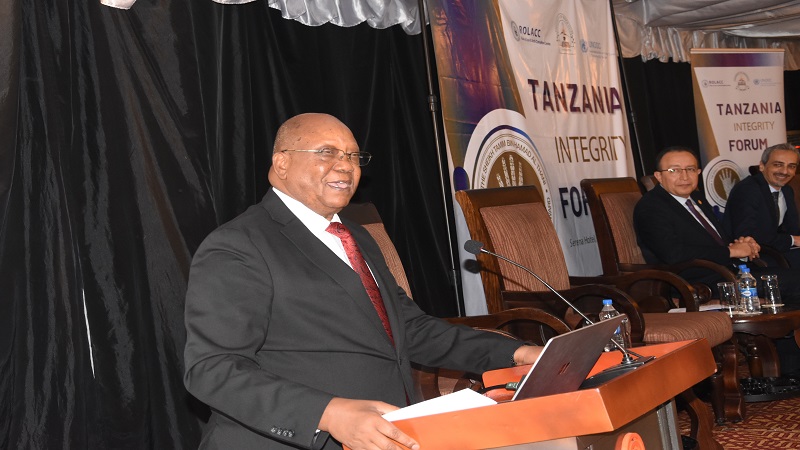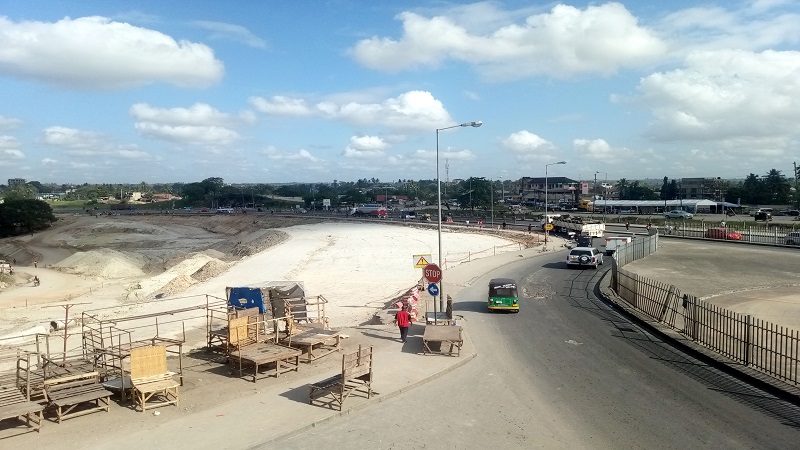EAC urges easing up of air transport
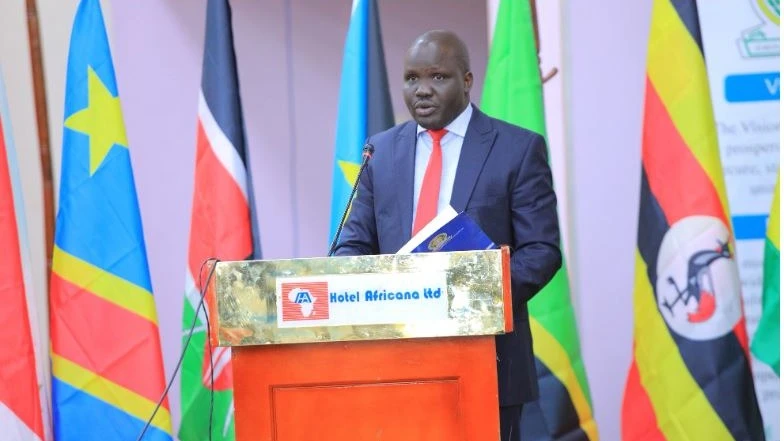
EAST African Community (EAC) partner states need to expedite the signing of the EAC air transport market liberalisation) regulations as part of efforts to enhance regional integration and stimulate economic growth.
Andrea Aguer Ariik, the EAC deputy secretary general for infrastructure, productive, social and political sectors, issued this appeal at the 19th meeting of CEOs of civil aviation and airports authorities at the EAC headquarters in Arusha yesterday.
The plea comes in the wake of finishing drawing up draft regulations for a liberal format of air transport in the EAC zone, which the secretariat expects to submit to the sectoral ministerial council on transport, communication and meteorology, seeking that the rules are adopted by the member states.
He appealed for the signing and ratification of the regulations by the partner states, after which the partner states would negotiate regional air transport bilateral arrangements under the Multilateral Air Services Agreement, identified with the Chicago Convention of 1944 and forming part of the World Trade Organisation (WTO) institutional foundations.
Liberalising the air transport market is expected to lower airfares, stimulate demand for air travel, improve connectivity, increase operational efficiency, reduce flying time and support air transport capacities as part of the regional economy, he stated.
Liberalisation of air transport would not only facilitate easier movement of people and goods but also boost tourism and trade among member states, he said, insisting that an integrated air transport market is essential for the development of the region.
“By removing barriers to air travel, we can enhance competitiveness and attract investment in the region,” he said, urging that the forthcoming sectoral council meeting looks into the possibility of harmonising regulatory fees and charges within the spirit of the EAC Common Market Protocol.
They also need to designate the EAC air transport market as domestic for EAC-based registered air operators and apply charges applicable to domestic parties, thus lowering passenger tariffs.
“The cost of airfares in the region has caused a public outcry that needs to be addressed,” he stated, appealing to the CEOs to implement the agreed programmes and projects within their domain.
This includes the ratification of model regulations to foster the development and integration of the civil aviation and air transport industry, also focusing on the modalities for reducing regional airfares.
The secretariat in collaboration with the partner states was drawing up possible mechanisms for lowering the cost of airfares, forming consultative committees by partner states to guide consultation exercises, depending on decisions of the sectoral council, he added.
Top Headlines
© 2024 IPPMEDIA.COM. ALL RIGHTS RESERVED









